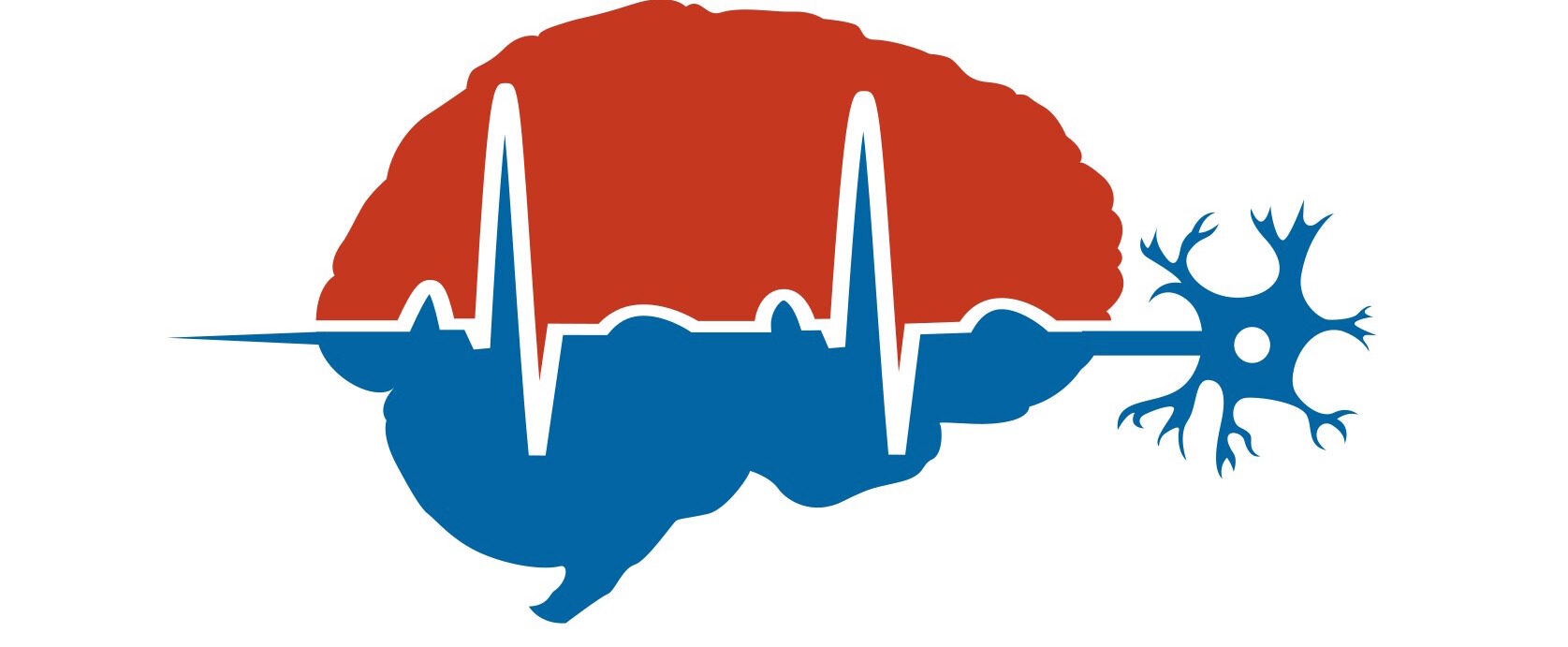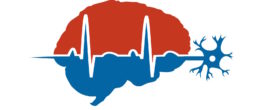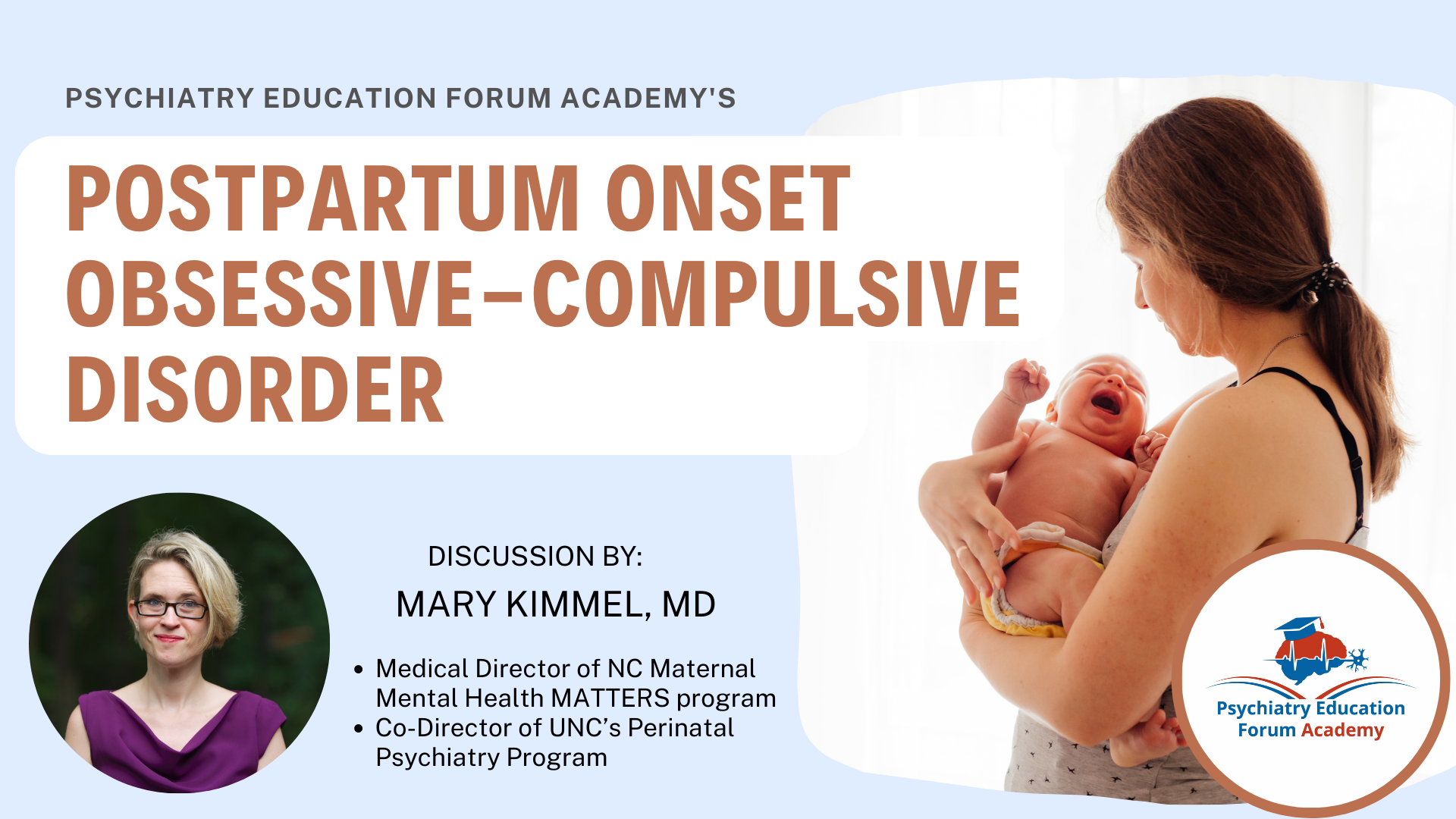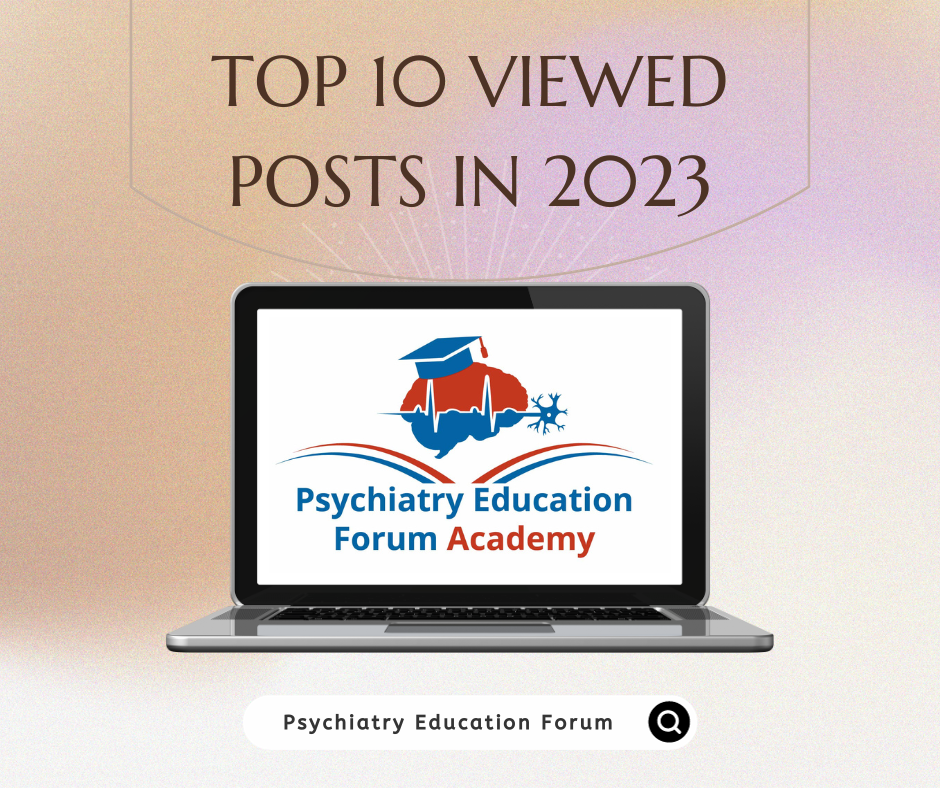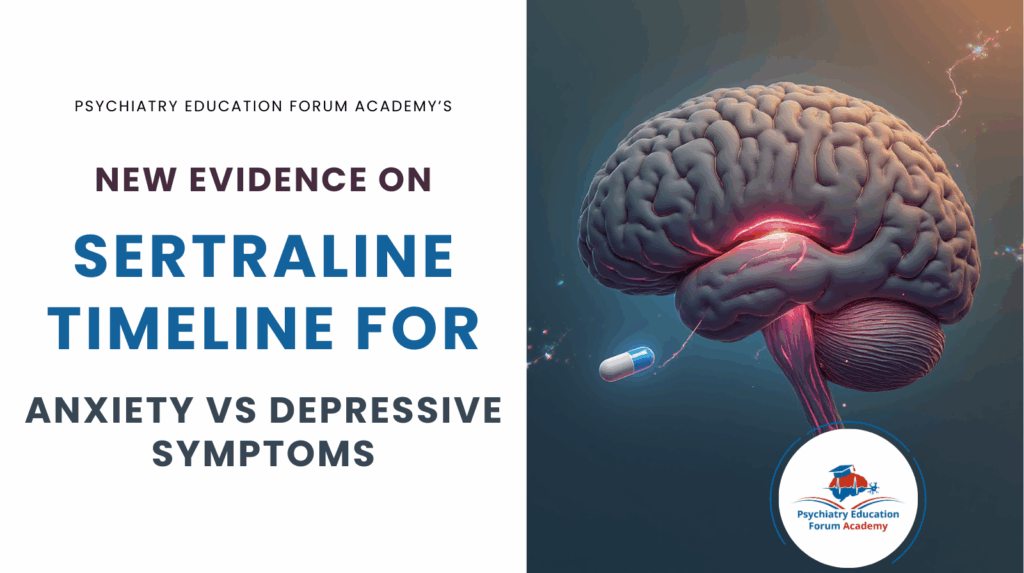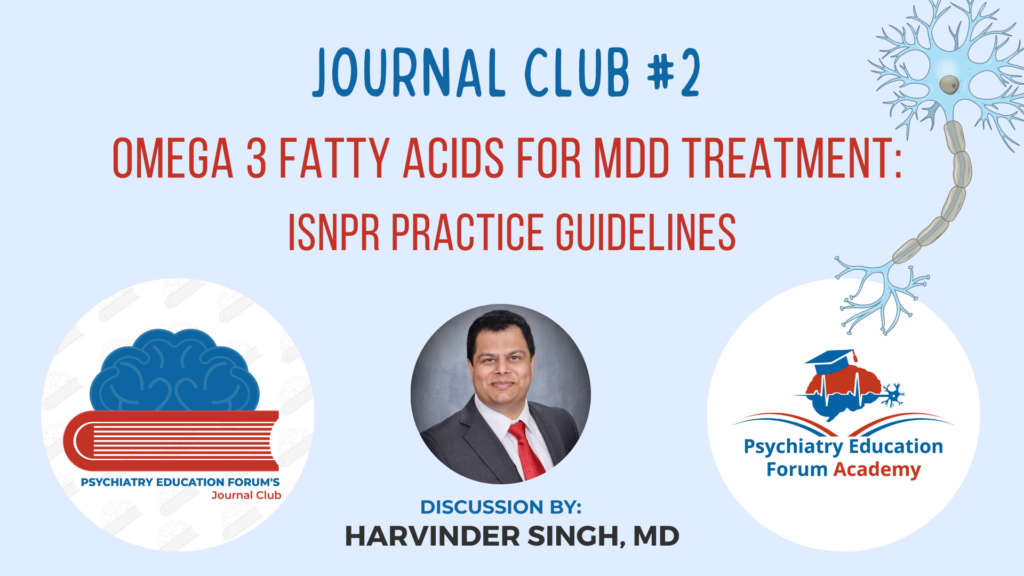Postpartum Onset OCD

Bringing a new life into the world is a momentous and joyous occasion, but it also brings with it a myriad of challenges and adjustments. For some new mothers, the postpartum period can trigger a specific type of obsessive-compulsive disorder (OCD) known as postpartum onset OCD. Understanding and managing this condition is crucial for the well-being of both the mother and her baby.
According to a recent study published in 2021: the point prevalence gradually increased over the course of pregnancy and the early postpartum, attaining a peak of close to 9% at approximately 8 weeks postpartum, with a gradual decline thereafter. On the other hand, postpartum OCD has high comorbidity with MDD.
Recognizing the Symptoms:
It is essential to differentiate between normal postpartum concerns and OCD. While many new mothers worry about their baby’s safety and well-being, those with postpartum onset OCD experience intense, persistent, and distressing thoughts that they cannot easily dismiss. Symptoms may include:
- Intrusive Thoughts: Repeated, unwanted thoughts about harming the baby or something bad happening to the baby.
- Compulsive Behaviors: Actions taken to neutralize the anxiety caused by these thoughts, such as excessive washing, checking, or seeking reassurance.
- Anxiety and Distress: High levels of anxiety and emotional distress related to the obsessions and compulsions.
- Avoidance: Avoiding certain situations or activities to prevent triggering obsessive thoughts.
From a clinical standpoint, it is vital to have knowledge on how to differentiate Postpartum OCD from Postpartum Depression and Postpartum Psychosis.
Let’s begin by answering this question first:

Time's up
Answer: All are correct statments
FOR ACADEMY MEMBERS:
WOMEN'S MENTAL HEALTH
POSTPARTUM ONSET
OBSESSIVE-COMPULSIVE DISORDER

PRESENTATION BY: DR. MARY KIMMEL
Medical director of NC Maternal Mental Health MATTERS program &
Co-Director of UNC’s Perinatal Psychiatry Program
Dr. Mary Kimmel is the medical director of NC Maternal Mental Health MATTERS program & Co-Director of UNC’s Perinatal Psychiatry Program. She has discussed this clinically relevant topic in the following sections:
- Case examples: (a) “Normal” mom worries, (b) Postpartum OCD, or (c) Postpartum psychosis.
- Underlying Biology and Neuroanatomy involved in postpartum onset OCD
- Postpartum mood symptoms & 5 symptoms dimensions of obsessions and compulsions in the postpartum period.
- Differentiating (a) OCD and postpartum depression; (b) OCD and postpartum Psychosis.
- Risk assessment of harm to the baby.
- Postpartum OCD in fathers.
- Treatment algorithm of (a) Postpartum OCD; (b) Postpartum Psychosis.
POSTPARTUM ONSET OCD
INTERESTED IN ACCESS TO THIS & OTHER CLINICALLY RELEVANT LECTURE SERIES?
JOIN ACADEMY MEMBERSHIP:
This is a closed membership for medical professionals only.
- 400+ Clinically Relevant Chapters: Each chapter within these sections is of direct clinical relevance for your daily practice. (Table of Content)
- Journal Club: we will post the most recently published psychiatry articles relevant to your daily clinical practice. (Read Content)
- Clinical Case Discussion: Dr. Singh (Psychiatry) and Dr. Kaur (Family Medicine) discuss clinical cases to integrate the clinical cases from Psychiatry and Medicine. (Read Content)
- Discussion Forum & Community: Connect with other medical professionals and discuss your difficult-to-treat clinical cases. (Academy Network)
- Goal: is to have all important clinically relevant topics in one place for ease of access.
DISCOUNTS AVAILABLE FOR: Residents & Students ONLY.
Email us your student information (program information and way to confirm your student status) to: [email protected]
© 2026 All Rights Reserved.
